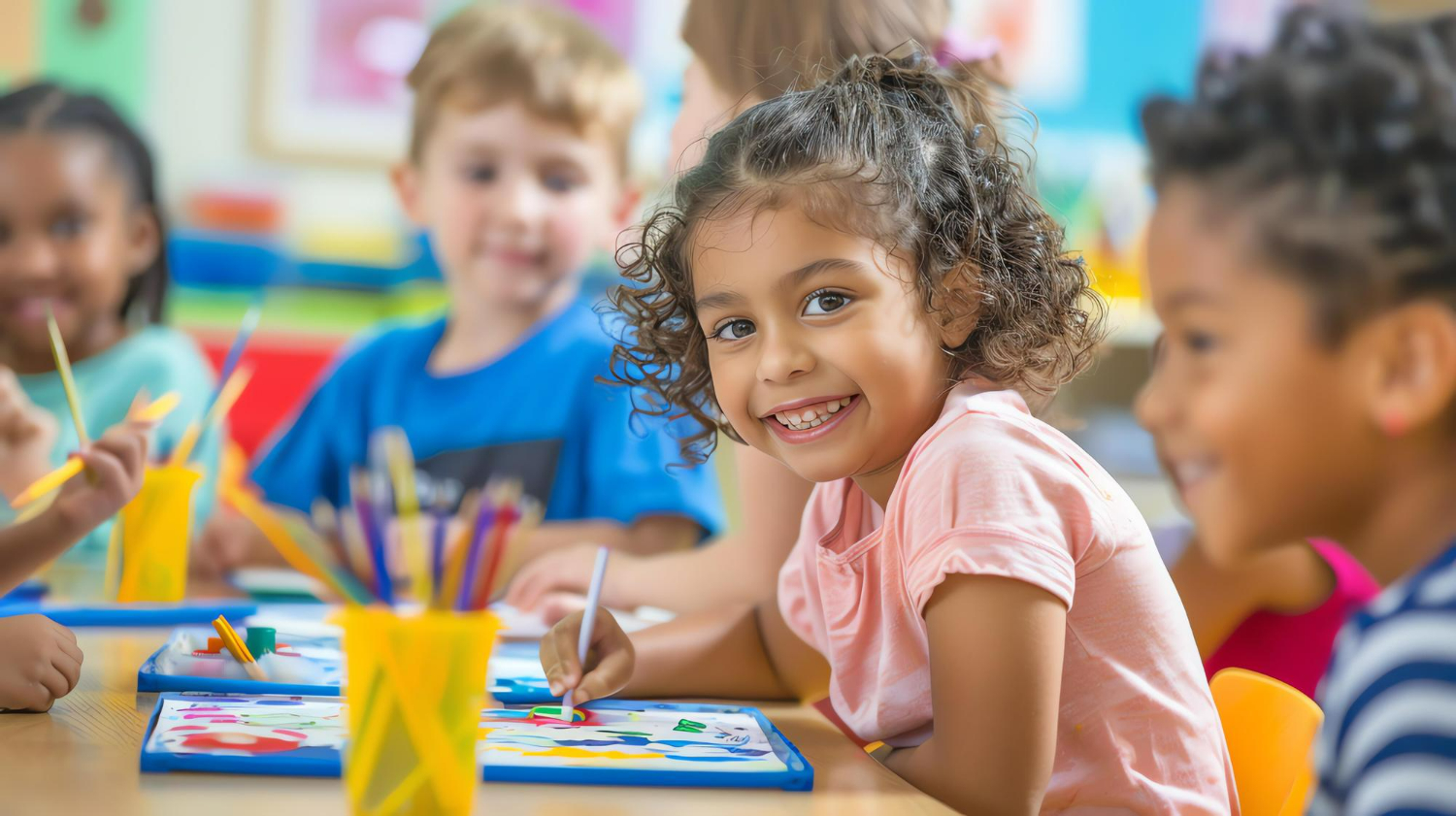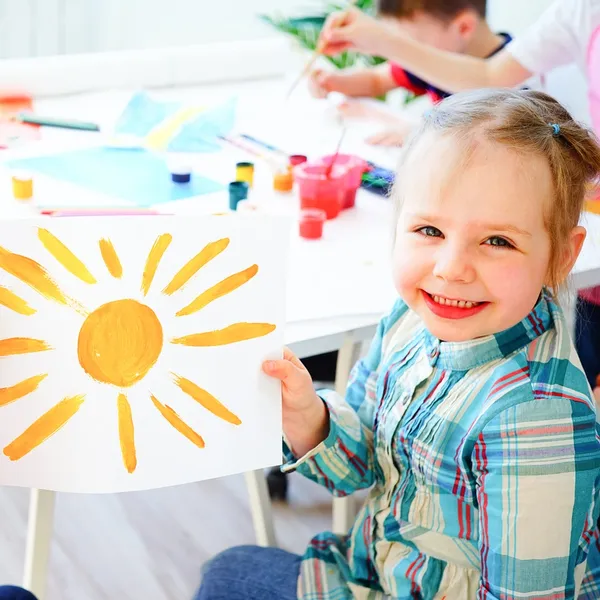

A Montessori school is not just a place for learning; it's a thriving community. While our students are always our primary focus, we believe schools should also foster meaningful connections among all those involved. We work toward this by:
We also recognize the importance of making these connections easy and accessible. By establishing clear structures and open communication channels, we help everyone in our community effortlessly find shared experiences and build lasting relationships.



The concept of "teaching to the whole child" is frequently mentioned, but in Montessori schools, it is deeply integrated into everything we do. Our approach goes beyond academics to emphasize emotional, social, sensory, and practical life skills. While academic learning is important, it is balanced with nurturing these other aspects of development. We blend the arts and movement into everyday activities, rather than treating them as separate subjects. We also guide children in resolving conflicts and practicing grace and courtesy in their interactions with others.
Our ultimate aim is to cultivate a global perspective in our students, helping them recognize the interconnectedness of all things. We prepare them to become thoughtful, engaged members of the broader community as they grow and develop.



Copyright © 2024 Town Square Academy. All Rights Reserved. Privacy Policy.